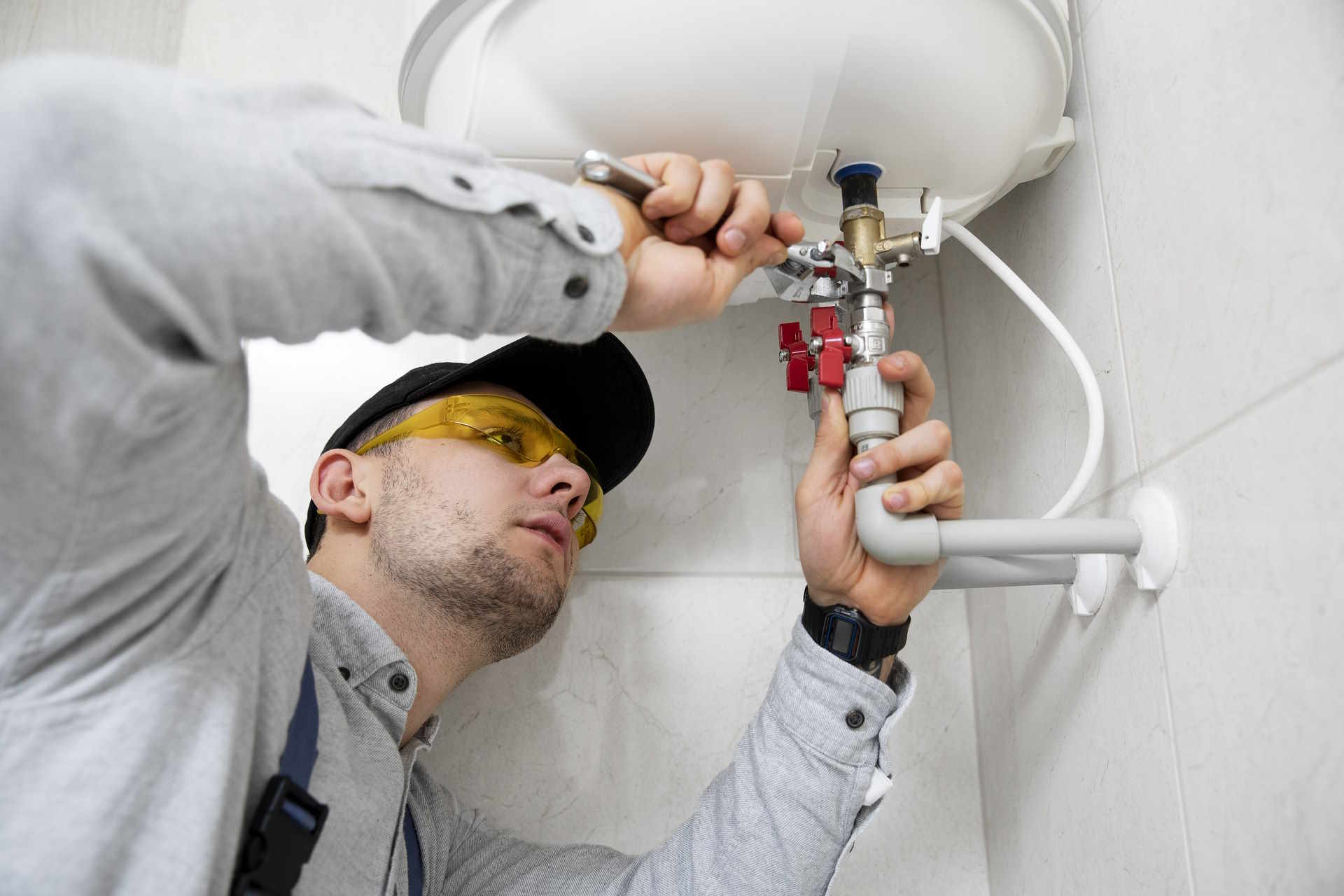Window Replacement
Window replacement is a significant home improvement project that can enhance energy efficiency, boost curb appeal, and increase property value. Whether you're dealing with outdated, damaged, or inefficient windows, understanding the process and options available is crucial for making informed decisions. This comprehensive guide will walk you through everything you need to know about window replacement, from types of windows to cost considerations and finding the right professionals for the job.

What are the main reasons for window replacement?
There are several compelling reasons why homeowners opt for window replacement:
-
Energy efficiency: Older windows often lack proper insulation, leading to higher energy bills. Modern windows with advanced technologies can significantly reduce heat transfer and improve your home’s overall energy performance.
-
Aesthetics: New windows can dramatically enhance the appearance of your home, both inside and out. They can complement your home’s architectural style and increase curb appeal.
-
Functionality: Windows that are difficult to open, close, or lock can be frustrating and potentially unsafe. Replacement windows offer smooth operation and improved security features.
-
Noise reduction: If you live in a noisy area, newer windows with sound-dampening properties can create a quieter indoor environment.
-
UV protection: Many modern windows come with coatings that block harmful UV rays, protecting your furniture, flooring, and artwork from fading.
What types of replacement windows are available?
When considering window replacement, you’ll encounter various styles and materials to choose from:
-
Double-hung windows: These traditional windows have two sashes that slide vertically, allowing for easy cleaning and ventilation.
-
Casement windows: Hinged on one side, these windows open outward like a door, providing excellent ventilation and unobstructed views.
-
Sliding windows: These windows have sashes that slide horizontally, making them ideal for spaces with limited clearance.
-
Bay or bow windows: These projecting window units create additional interior space and offer panoramic views.
-
Picture windows: Large, fixed windows that don’t open but provide unobstructed views and abundant natural light.
As for materials, common options include vinyl, wood, fiberglass, and aluminum. Each material has its pros and cons in terms of durability, maintenance, and cost.
How do I choose the right windows for my home?
Selecting the right windows for your home involves several factors:
-
Climate considerations: Choose windows with appropriate energy ratings for your region to maximize efficiency.
-
Architectural style: Select window styles that complement your home’s design and enhance its overall appearance.
-
Budget: Determine how much you’re willing to invest in your window replacement project.
-
Maintenance requirements: Consider the long-term care needed for different window materials and styles.
-
Local building codes: Ensure your chosen windows meet local regulations, especially in historic districts or areas prone to severe weather.
-
Professional advice: Consult with a reputable window contractor who can assess your home’s specific needs and recommend suitable options.
What is the process of window replacement?
The window replacement process typically involves the following steps:
-
Initial consultation: A professional will assess your current windows and discuss your needs and preferences.
-
Measurements: Precise measurements are taken to ensure a perfect fit for your new windows.
-
Ordering: Custom windows are ordered based on the measurements and chosen specifications.
-
Preparation: The area around the existing windows is prepared for removal and installation.
-
Removal: Old windows are carefully removed, and any necessary repairs to the surrounding structure are made.
-
Installation: New windows are installed, ensuring proper fit, insulation, and weatherproofing.
-
Finishing touches: Trim work is completed, and any necessary adjustments are made.
-
Clean-up: The work area is thoroughly cleaned, and debris is removed.
-
Final inspection: A quality check is performed to ensure proper installation and functionality.
What are some unique facts about window replacement in the United States?
Window replacement in the United States has some interesting aspects worth noting:
-
Energy Star program: The U.S. Environmental Protection Agency’s Energy Star program has specific criteria for windows, helping consumers identify energy-efficient options.
-
Tax credits: Homeowners may be eligible for federal tax credits when installing energy-efficient windows that meet certain criteria.
-
Regional variations: Window requirements vary significantly across the country due to diverse climate zones, from hurricane-resistant windows in coastal areas to high-insulation windows in colder regions.
-
Growing market: The window replacement industry in the U.S. is steadily growing, with an increasing focus on eco-friendly and technologically advanced products.
-
DIY trend: While professional installation is recommended, there’s a growing trend of DIY window replacement among handy homeowners, supported by online tutorials and improved product designs.
How much does window replacement typically cost?
Window replacement costs can vary widely depending on factors such as window type, material, size, and location. Here’s a general overview of cost estimates for different window types:
| Window Type | Material | Average Cost per Window (Installed) |
|---|---|---|
| Double-Hung | Vinyl | $300 - $850 |
| Double-Hung | Wood | $600 - $1,500 |
| Casement | Vinyl | $400 - $1,000 |
| Casement | Wood | $700 - $1,800 |
| Sliding | Vinyl | $350 - $800 |
| Bay/Bow | Vinyl | $1,500 - $3,500 |
| Picture | Vinyl | $400 - $1,200 |
Prices, rates, or cost estimates mentioned in this article are based on the latest available information but may change over time. Independent research is advised before making financial decisions.
When budgeting for window replacement, keep in mind that factors such as custom sizes, energy-efficient features, and complex installations can increase costs. It’s advisable to obtain quotes from multiple reputable contractors to get a more accurate estimate for your specific project.
In conclusion, window replacement is a valuable investment that can significantly improve your home’s comfort, appearance, and energy efficiency. By understanding the types of windows available, the replacement process, and cost considerations, you can make informed decisions that will benefit your home for years to come. Remember to work with qualified professionals and consider your home’s unique needs when choosing replacement windows.




